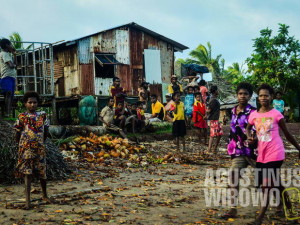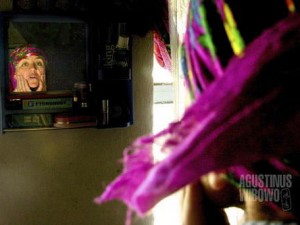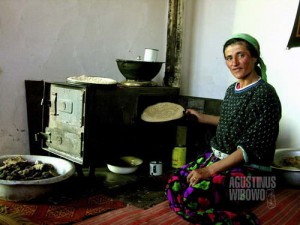Buzi 2 September 2014: Not As Paradise As It Seems
Being in such isolated place like Tais, I was totally at the mercy of my host. I could go nowhere without approval from Sisi the Tais woman who brought me here. I had been staying in Tais for more than a week. I wanted to see more places. I wanted to go to Mari, the neighboring village four hours away by walking where Sisi used to live. But she did not allow me, saying that people there would kill me. I wanted our group to depart earlier to Daru, so we could stop in Buzi or Sigabadaru, border villages face to face with Australian islands of Boigu and Saibai. Sisi also did not allow me, saying that the villages were full of raskol (rascals). “But Sisi, how can be raskol there? These are just little villages, everybody knows everybody,” protested me. “No, no. You markai are just foreigner, you never understand,” said Sisi, “These people are jealous people. They will kill you.” Tais, she said, was different from other villages nearby. Tais is so small, the people have [read more]



